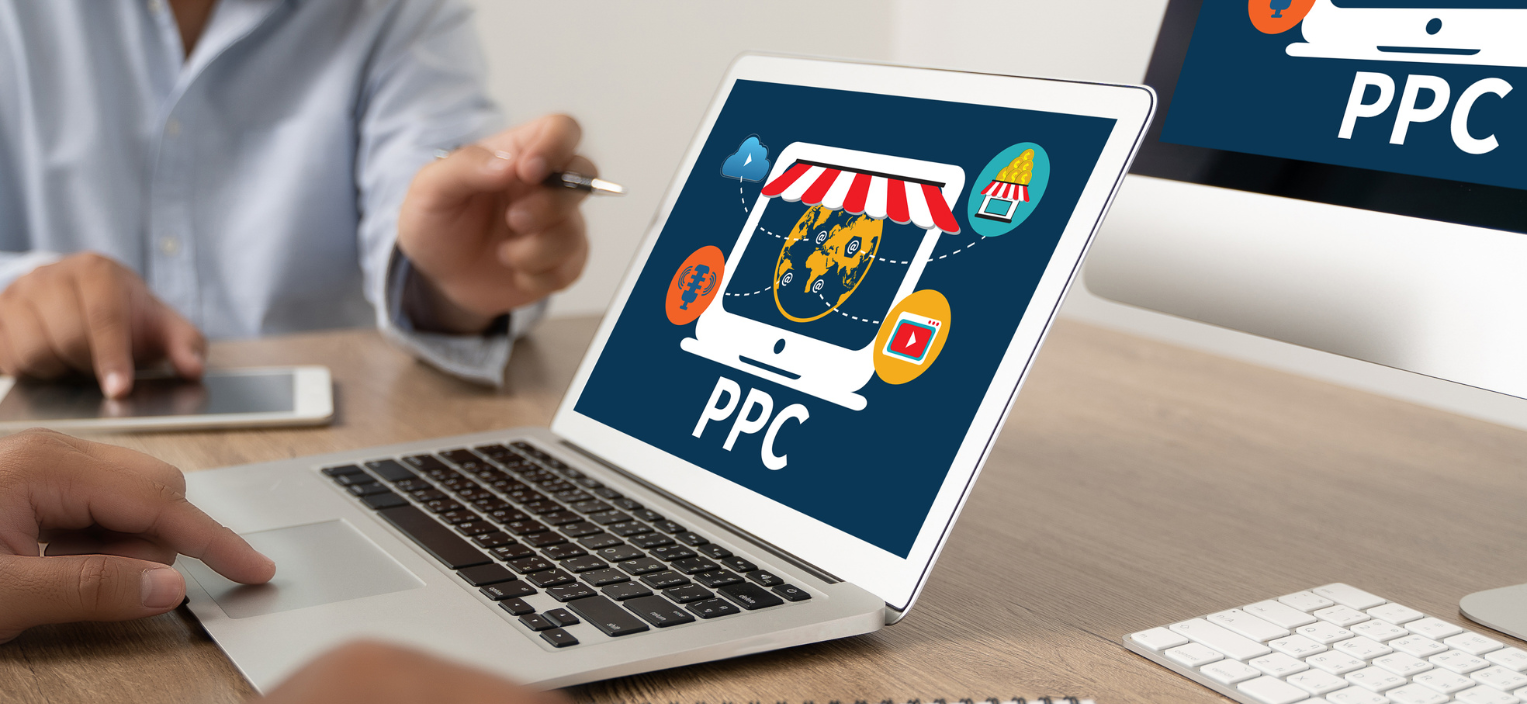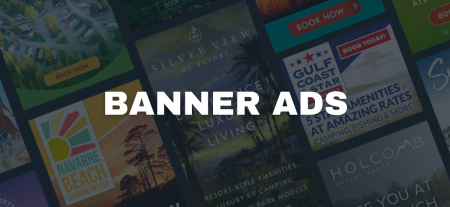Understanding Facebook Marketing: Organic Posts vs. Pay-Per-Click Ads

Facebook is a powerhouse in the digital marketing landscape, boasting billions of active users. For businesses, this platform offers a golden opportunity to engage with a vast audience. But the question often arises: should you focus on organic posts or invest in pay-per-click (PPC) ads? This blog post aims to clarify these two approaches, helping you make the best choice for your business.
Organic Posts on a Company Page
When we talk about organic posts, we’re referring to the content you share on your Facebook company page without paying for its distribution. These posts naturally appear in the feeds of people who follow your page. The reach of organic posts is generally limited to your existing followers and those who engage with your content. While organic posts are cost-effective and excellent for building brand loyalty and community, their reach is often limited. To optimize organic reach, consider posting at times when your audience is most active, using engaging formats like videos or polls, and encouraging shares and comments.
Pay-Per-Click (PPC) Ads
On the other hand, PPC ads are sponsored posts that you pay for. You’re charged each time someone clicks on the ad, and you can target specific demographics, locations, interests, and behaviors. These ads come in multiple formats, including images, videos, carousels, and slideshows. The advantages of pay-per-click ads are their extended reach and the precision with which you can target audiences. However, they do cost money, and there’s always the risk of low ROI if the ads are not well-targeted. To get the most out of your PPC ads, A/B testing different creatives, refining your target audience, and setting appropriate budgets can be highly effective.
Case Studies or Example Scenarios
- Let’s consider a few examples to illustrate these points. Imagine an RV park that uses organic posts to share scenic photos, testimonials, and information about local attractions. While this strategy can increase engagement from existing followers, it may not do much to attract new customers. Now, if the same RV park runs a PPC campaign targeting RV owners within a 200-mile radius, they could see a significant uptick in bookings, especially during the off-season.
- Similarly, a 55+ manufactured home community might use organic posts to share community event photos and resident testimonials. While this strengthens community bonds, it may not necessarily attract new residents. However, a PPC campaign targeting adults aged 55 and older interested in retirement living could lead to increased inquiries and higher occupancy rates.
- For a storage company, sharing tips on home organization and special offers can engage current customers but may not reach potential new ones. A PPC campaign targeting individuals who have recently moved or are interested in home organization could be the key to increasing rentals during slow months.
How Big Rig Xpress Can Help
At Big Rig Xpress, a part of Big Rig Media, we bring years of expertise in digital marketing to the table. We understand the nuances of both organic and paid social media strategies and offer custom solutions tailored to your specific needs and audience. Our data-driven approach ensures that you get the best ROI possible, and we provide comprehensive services from content creation to campaign management to make your Facebook marketing efforts a success.
In summary, understanding the differences between organic posts and pay-per-click ads on Facebook is crucial for any business aiming to maximize their online presence. Organic posts are great for maintaining engagement with your existing audience, while PPC ads can help you reach new customers. A balanced approach that leverages both strategies can create a well-rounded Facebook marketing plan.
Are You Ready To Elevate Your Facebook Marketing Strategy?
Contact Big Rig Xpress today for a personalized consultation tailored to meet your business needs.



